Optimal Timing for Appliance Painting
Choosing the optimal time for appliance paintings involves considering environmental conditions and project readiness. Proper timing ensures the durability and quality of the finish, minimizing issues such as peeling or uneven coverage.
Spring and fall typically offer moderate temperatures and humidity levels, making them suitable for appliance painting projects.
The best temperatures for appliance painting are generally between 50°F and 85°F, avoiding extreme heat or cold.
Low to moderate humidity prevents paint from drying too slowly or forming bubbles, ensuring a smooth finish.
Ensure appliances are clean, dry, and free of grease before painting for optimal adhesion.
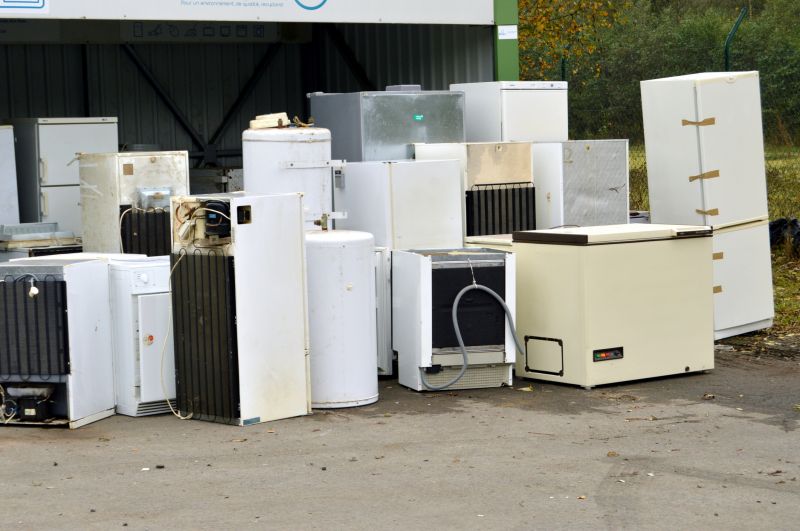
Spring offers mild weather ideal for appliance painting projects.
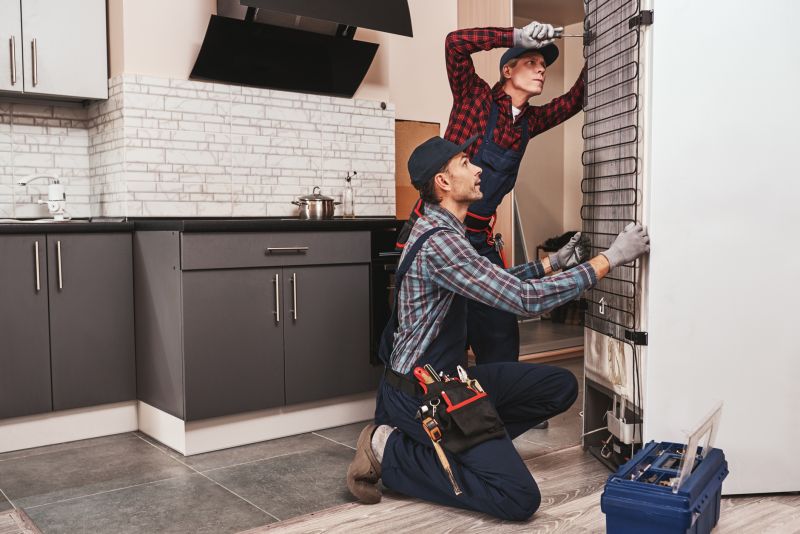
Painting at temperatures between 50°F and 85°F ensures best results.
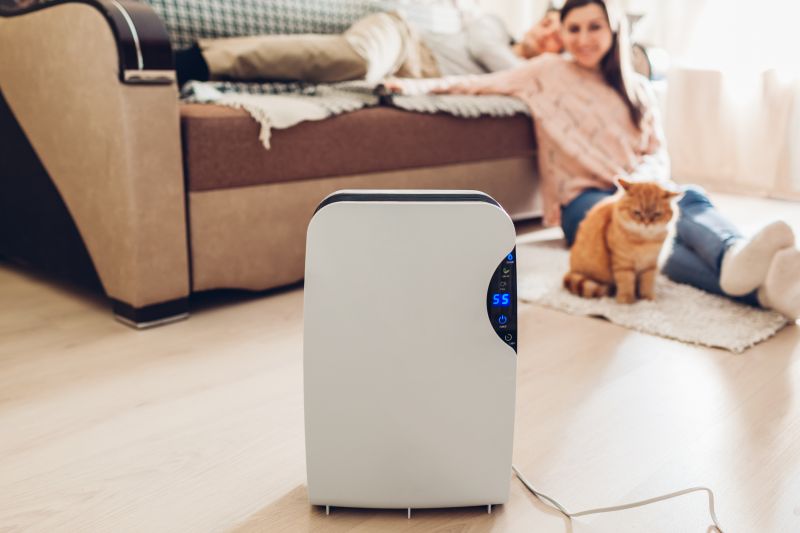
Low humidity levels contribute to smooth, even finishes.
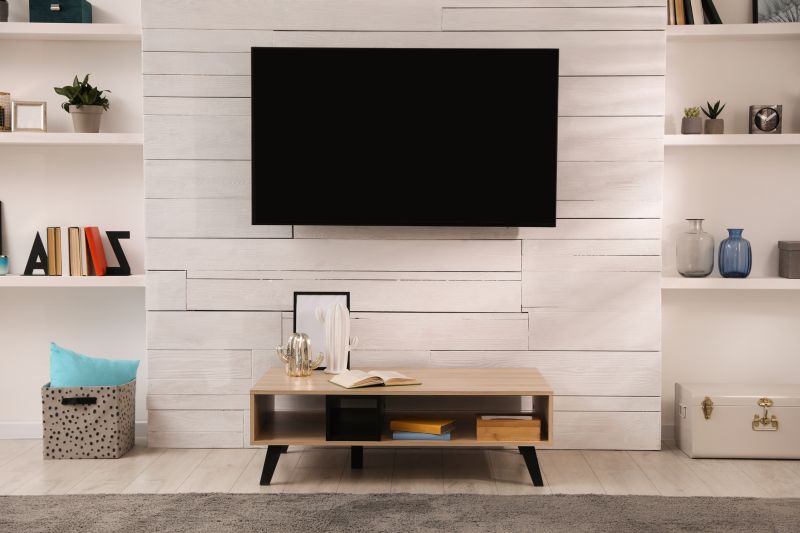
Ways to make Appliance Paintings work in tight or awkward layouts.
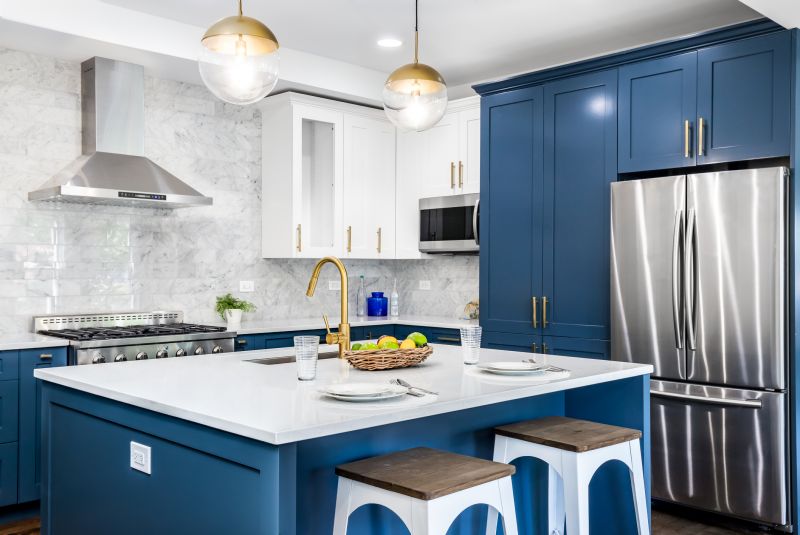
Popular materials for Appliance Paintings and why they hold up over time.
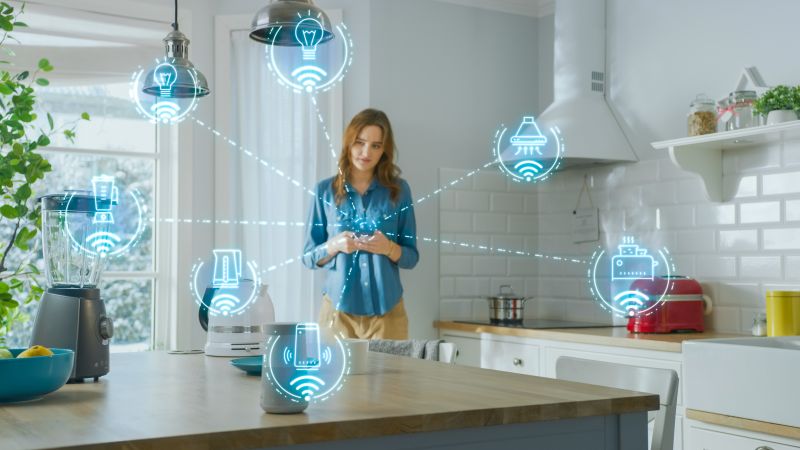
Simple add-ons that improve Appliance Paintings without blowing the budget.
| Factor | Recommended Conditions |
|---|---|
| Temperature | 50°F to 85°F |
| Humidity | Below 70% |
| Season | Spring or Fall |
| Surface Preparation | Clean and dry appliances |
| Drying Time | At least 24 hours before use |
Appliance paintings can significantly enhance the appearance and longevity of household appliances. Proper timing, combined with correct preparation and application techniques, results in a durable, high-quality finish. Statistics indicate that painting appliances during optimal weather conditions reduces the likelihood of defects and extends the lifespan of the paint job.
Environmental factors such as temperature and humidity directly impact paint adhesion and drying time. For instance, painting in high humidity can cause bubbles and uneven coverage, while low temperatures may prevent proper curing. Therefore, understanding and monitoring these conditions is essential for achieving professional results.
